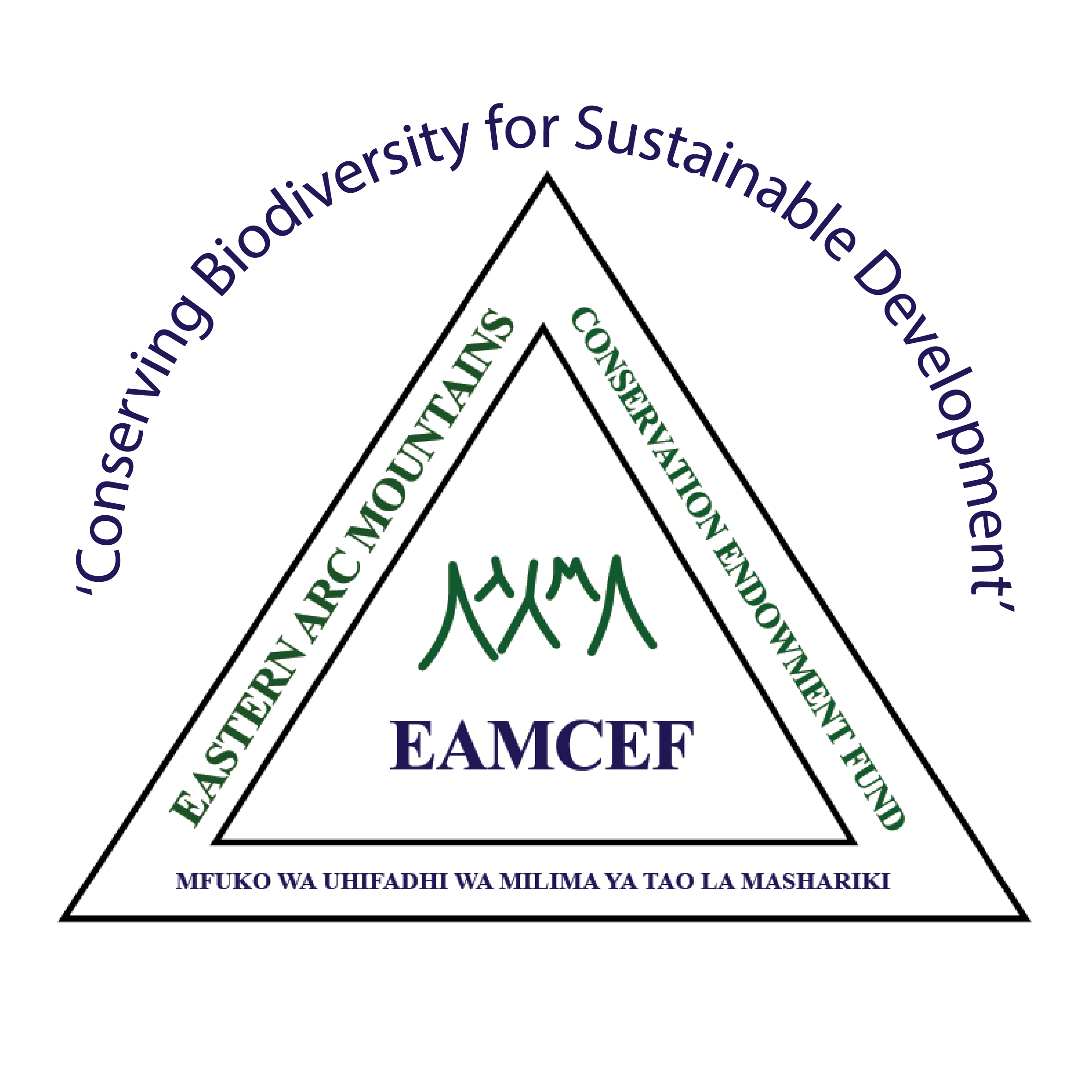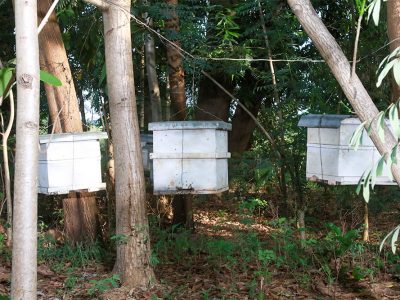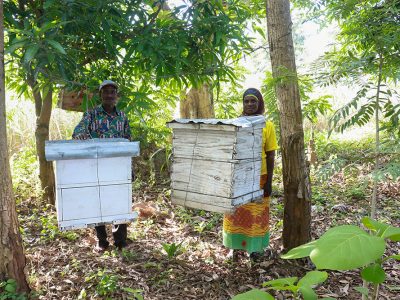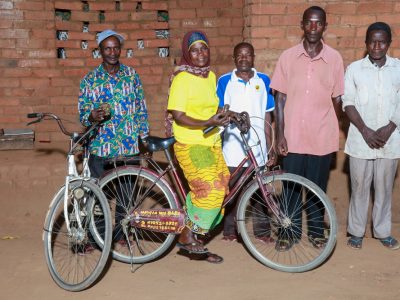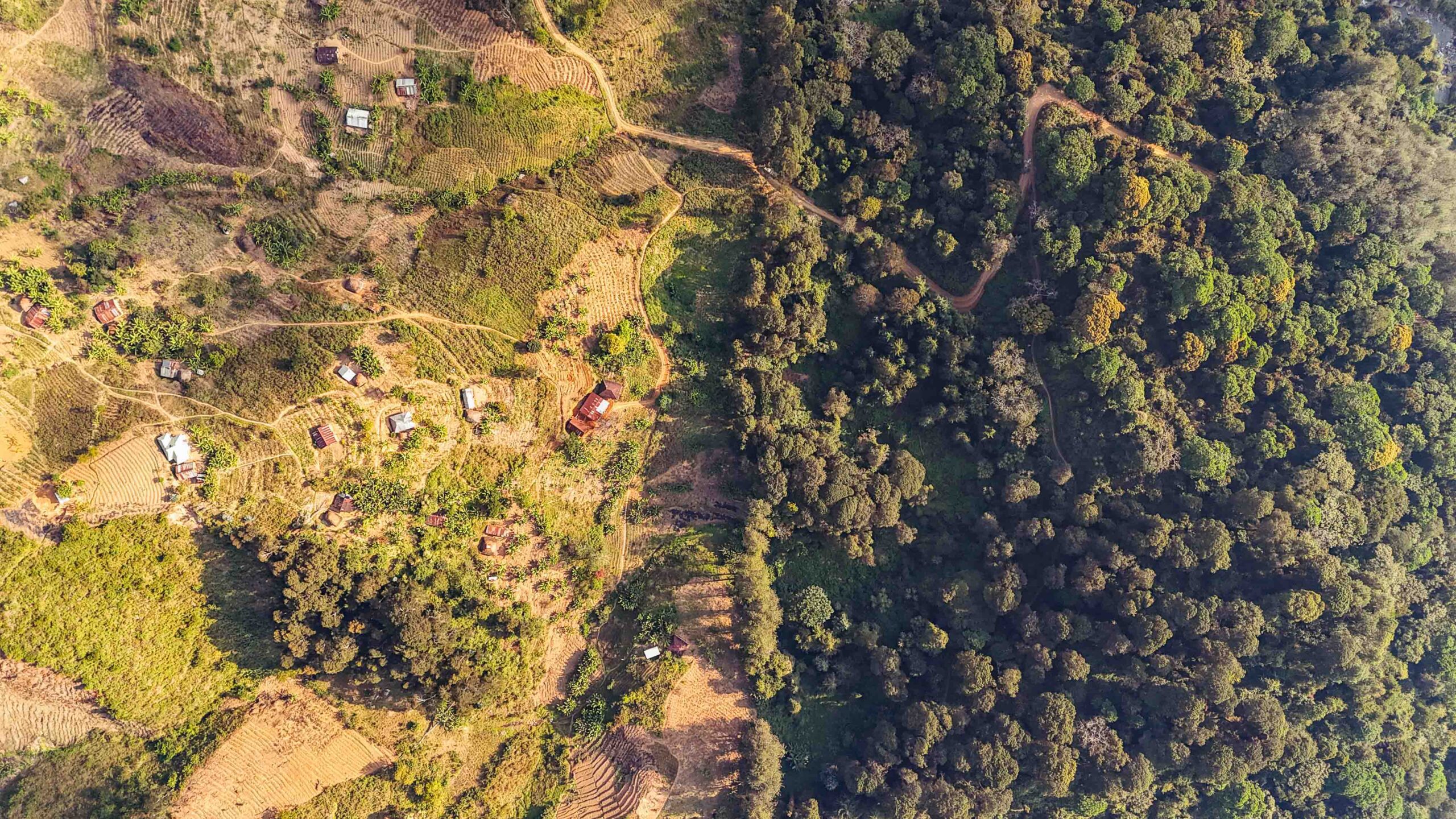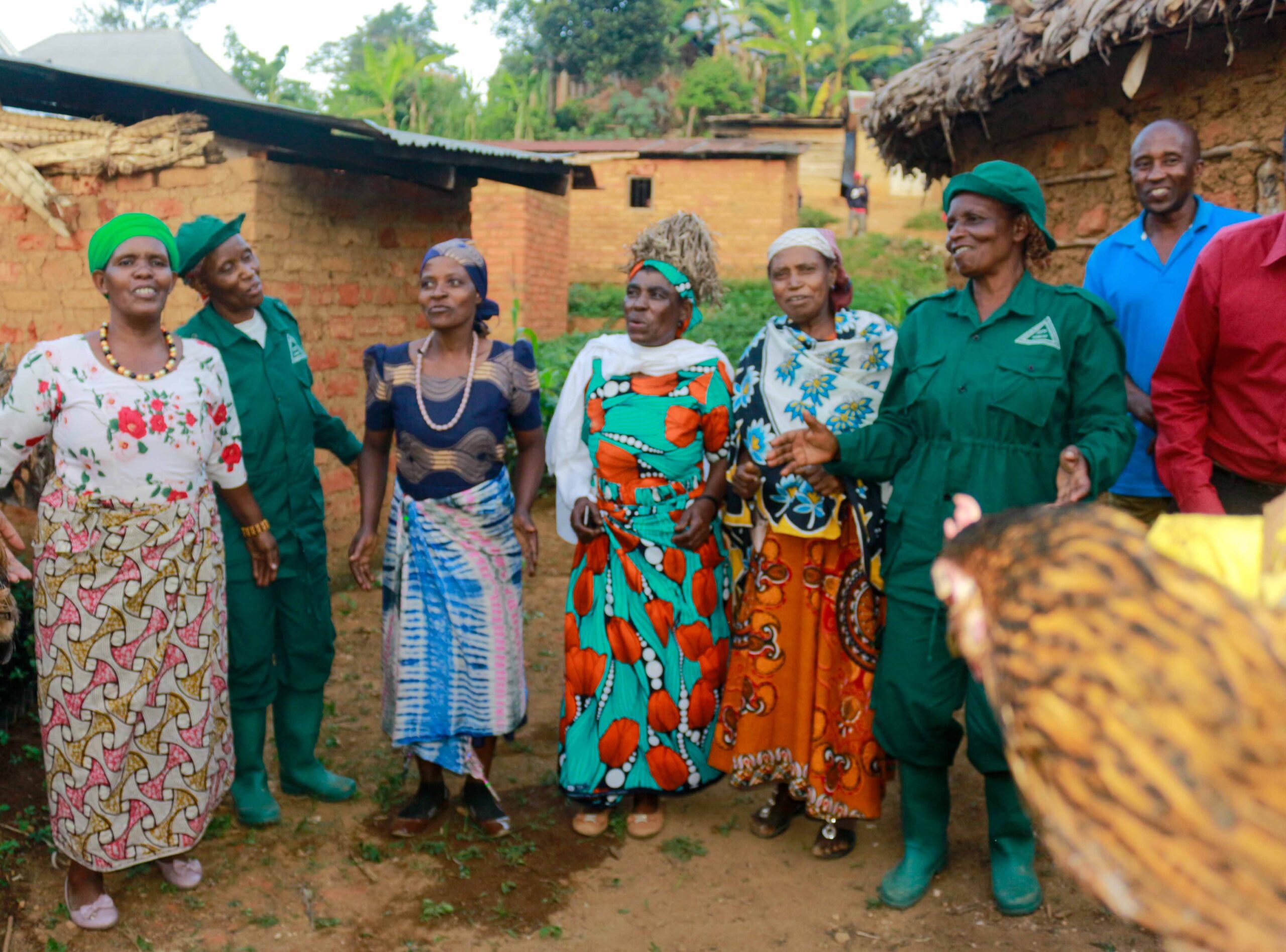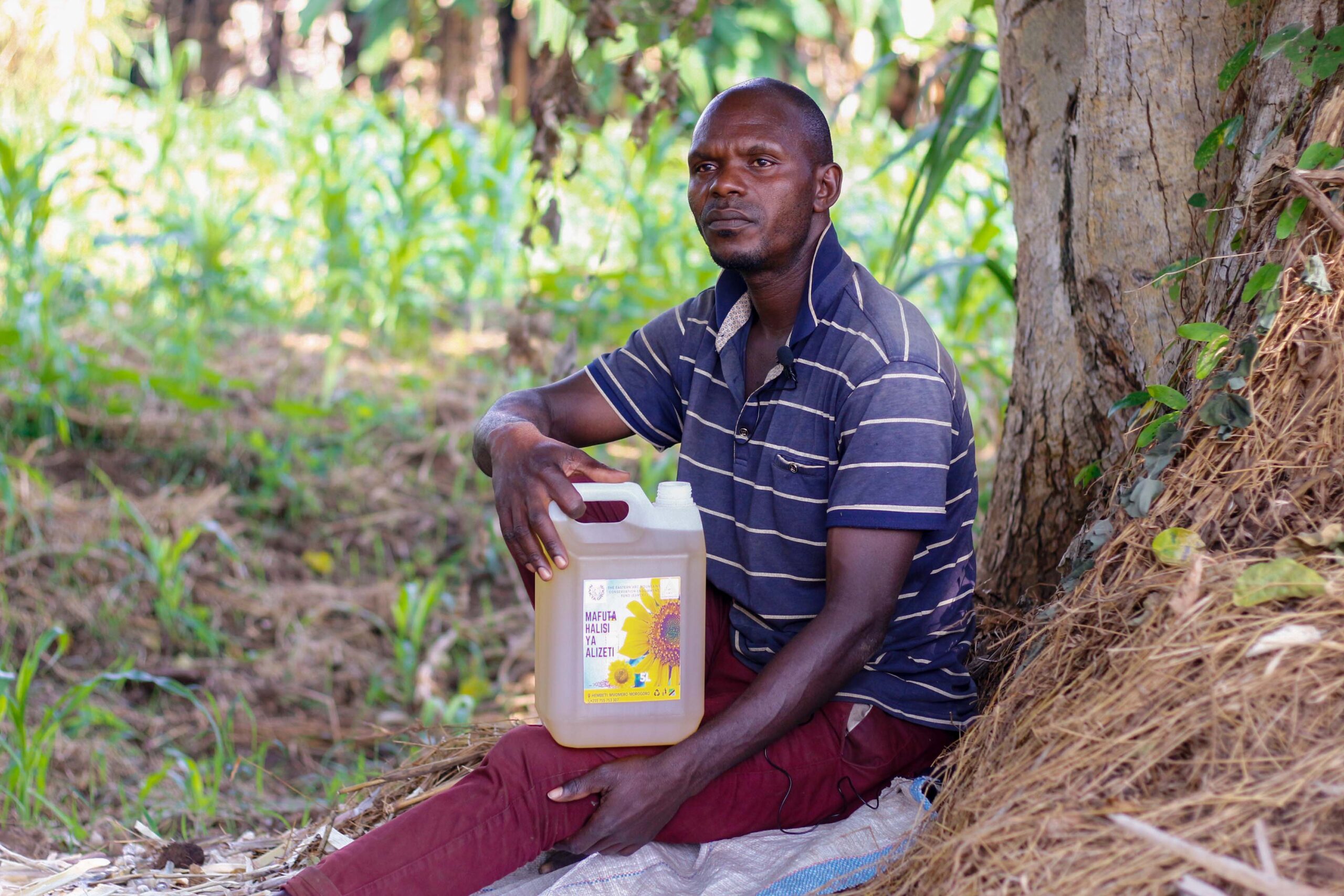Ecotourism infrastructure in the Eastern Arc Mountains has been significantly improved thanks to the efforts…
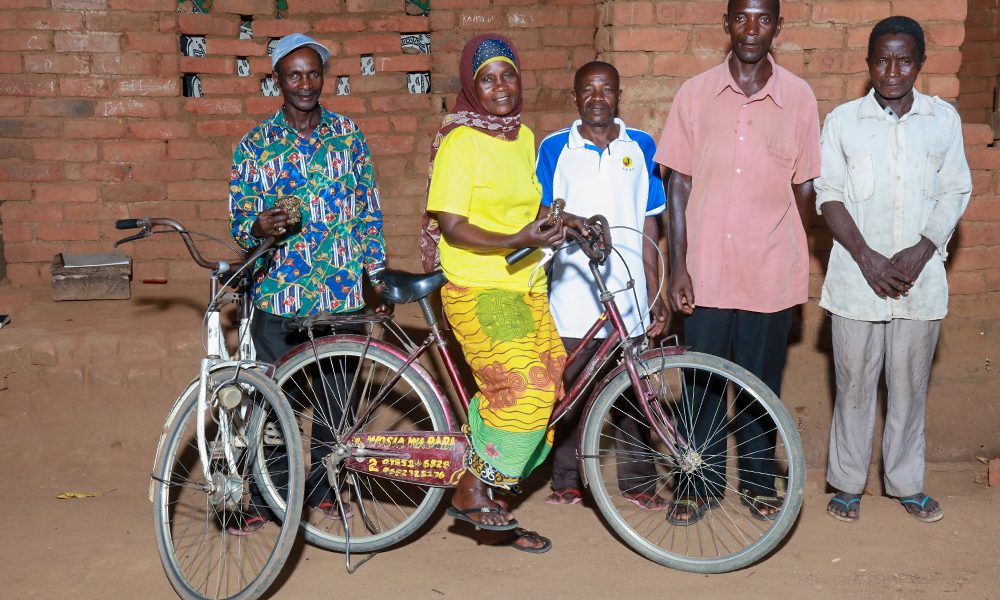
Situated just on the foot of Udzungwa Mountains, Villagers of Msufini Village in Kilombero District enjoys the magnificent view of forests and landscape just at their vicinity. In this village, EAMCEF selected a small group of farmers to demonstrate how beekeeping through modern beehives can be a profitable economic activity that would change lives of the people, provide them with alternative income that would incentivize them to stop invading protected forests for the same purpose. Ten years earlier prior to EAMCEF intervention, a group of ten farmers – 6 being males – agreed to form a beekeeping group named ‘Wosia wa Baba’. The group gathered 10 locally-made beehives, normally made from logs, and hanged them on trees, in the forest – protected forest. Each beehive produced honey only 5 litres a year. The group therefore generated around TZS. 50,000 – 60,000 per year! The group never owned any honey processing equipment. During honey harvesting period, bee keepers normally light fire to chase away bees. In the process, fire is left uncontrolled and spread to nearby trees and even further deeper into the forest. The forest authority in the area prohibited such activities and put strong measures to prevent people from invading the forests. The group, being among the victims was left without any other option than hanging hives on nearby trees within the village. The group chose a small area and decided to plant trees to serve the purpose, but still this was not economically viable.
To make beekeeping a profitable business that would withdraw villagers from invading protected forests, EAMCEF intervened and took advantage of the existing group to introduce modern beekeeping techniques.
